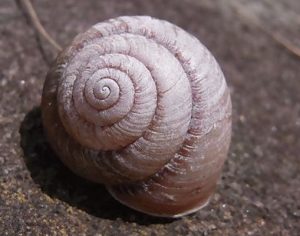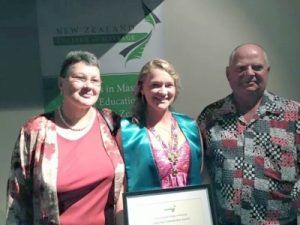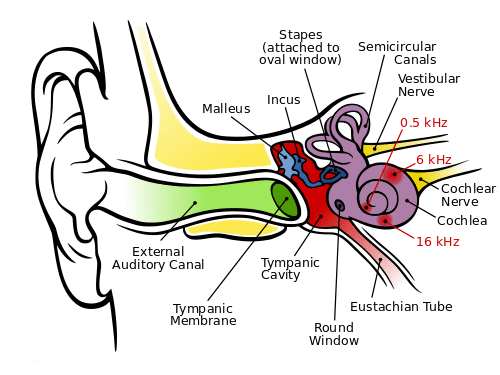Have you ever, on occasion, heard a high pitched noise in your ear? Imagine that the noise never disappears. This persistent condition is often diagnosed as Tinnitus. The pitch may or may not be constant; it can vary from loud to soft, sharp or dull, and it may even produce the feeling of water swishing around your ear. This noise is unrelated to any noise in your immediate environment. Tinnitus is not a disease, but it is a problem relating to disruption of the auditory pathway or a disruption in the part of the brain that interprets nerve signals as sound.
Studies conducted by an organization called Hear It have found that an estimated 40-50 million Americans, or 10-20%, experience some degree of tinnitus. The American Tinnitus Association reports that tinnitus is one of the top military service related disability for veterans, becoming an increasingly common diagnosis since 2005. For many veterans, not only is it disruptive to their daily lives, it is a constant reminder of war.
Tinnitus affects anyone and can strike at any time in their lives. Once burdened with Tinnitus, it can contribute to relationship stress, function on the job, and its distraction can hamper cognitive abilities such as awareness, perception, reasoning and judgement.
Factors contributing to the onset of Tinnitus:
- Direct trauma to the ear such as a sports injury, car accident, or a fall
- Compact ear wax irritating the inner ear
- Excess muscle tension related to head and neck disorders and disorders relating to jaw pain and/or function such as TMD (also known as TMJD)
- Grinding teeth (bruxism) or clenching the jaw during sleep
- Concussive noise such as music, firearms, heavy machinery equipment, excessively loud iPod/MP3
- Inner ear bone conditions, atypical bone growth or stiffening of the bones in the middle ear, or problems with blood vessels
- Medication such as aspirin (in high dosage) or certain antidepressants and some cancer drugs may exacerbate the condition.
 The cochlea is no simple piece of auditory equipment. It resembles the spiral pattern of a snail. It has rows upon rows of 20,000 hair cells that transform mechanical sound vibrations into electrochemical nerve impulses. When these little hairs are damaged or over stimulated, tinnitus may be the result.
The cochlea is no simple piece of auditory equipment. It resembles the spiral pattern of a snail. It has rows upon rows of 20,000 hair cells that transform mechanical sound vibrations into electrochemical nerve impulses. When these little hairs are damaged or over stimulated, tinnitus may be the result.
Tinnitus is not known to be curable but the noise can be managed. Easing tension in specific muscles of the jaw and neck with medical massage treatments can reduce the intensity of Tinnitus symptoms. Medical massage targeting specific muscles of the neck, head, upper back, and jaw can release tension and reduce the intensity of Tinnitus symptoms. Exploring lifestyle options with the therapist such as learning self massage techniques or training with a biofeedback therapist are also improve the ability to cope, may improve outcomes, and most certainly can empower.
Three months ago I was seeking for people who could help me to ease my tinnitus. Quite a tricky issue, many specialists gave me little advice about managing my tinnitus but they all told me I had to get used to it.
Mary Ann did wonderful work of reducing noise level in my ear by more than half! [as reported on a 10-1 scale, 10 being the most disruptive noise level]. Those with tinnitus will know how much difference it makes.
Her sense of humor helped me to get through the tough times. She was open for suggestions, did her own research and together we found the things that work best in my case. It seemed that the slow and precise work she did on my neck and jaw muscles made quite a difference. I got my sleep and energy back, so now I can focus on my life rather than the constant noise that was in my head!
~ Ilya Fedorov
To learn more about how to manage Tinnitus, visit https://ata.org/understanding-facts to learn more about how Tinnitus can be managed. References cited in this article come from
https://www.hear-it.org/tinnitus–an-individual-condition.
 Mary-Ann Dersley is a bachelors degree candidate studying Neuromuscular and Health Sciences at the New Zealand College Of Massage. She plans to join our Hands on Health team by early to mid 2016.
Mary-Ann Dersley is a bachelors degree candidate studying Neuromuscular and Health Sciences at the New Zealand College Of Massage. She plans to join our Hands on Health team by early to mid 2016.

